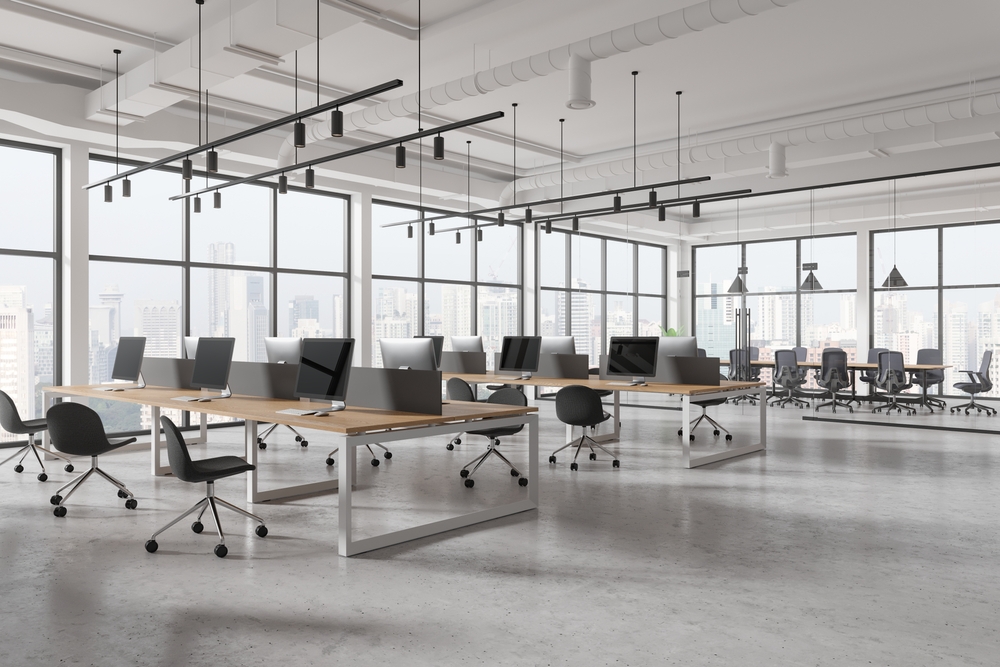
Hot Desk vs. Dedicated Desk – Find What’s Right For You
Coworking refers to a style of work where individuals from different professional backgrounds share a common workspace. This concept allows freelancers, entrepreneurs, and remote workers to rent a desk or office space in a communal environment, fostering a community of diverse professionals. Unlike traditional offices, coworking spaces are generally more flexible, allowing users to choose from various membership plans such as daily, weekly, or monthly access. These spaces often provide essential amenities like high-speed internet, meeting rooms, and office equipment, offering an infrastructure that supports productivity and collaboration.
In this story
Rise of Remote Work and Digital Nomadism
The evolution of technology and the internet has dramatically transformed the way people work, leading to a significant rise in remote work and digital nomadism. Many professionals now seek the freedom to work from any location, whether it’s from home, a coffee shop, or a coworking space. This shift has been driven by the desire for a better work-life balance, reduced commuting times, and the ability to travel while maintaining a career. Digital nomads, in particular, embrace this lifestyle, choosing to live and work in different cities or countries, often opting for coworking spaces that offer a sense of community and networking opportunities. As a result, the demand for flexible work environments that cater to these preferences has surged, positioning coworking spaces as an ideal solution.
Purpose of Coworking Spaces
The primary purpose of coworking spaces is to create an adaptable work environment that meets the needs of modern professionals. These spaces provide not only a physical location to work but also a platform for networking, collaboration, and innovation. By bringing together individuals from diverse industries, coworking spaces foster a sense of community and shared purpose, which can lead to new business opportunities and partnerships. Additionally, they offer a structured environment that can enhance focus and productivity, which is particularly beneficial for those who may find working from home isolating or distracting. In essence, coworking spaces aim to blend the best aspects of traditional offices with the flexibility and dynamism preferred by today’s workforce.
Understanding Hot Desks
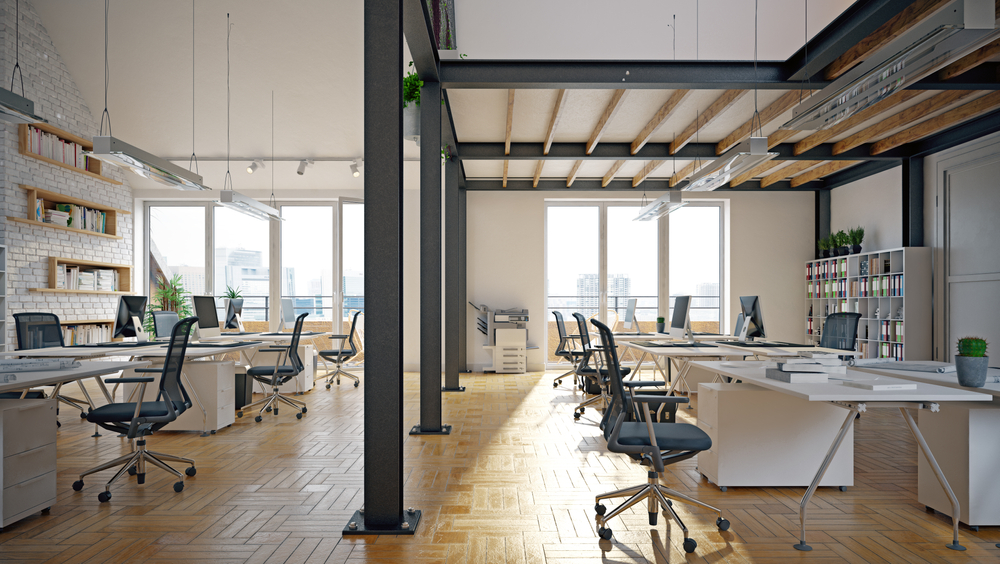
Definition and Concept of Hot Desks
Hot desking is a flexible office arrangement where desks are not assigned to specific individuals but are available on a first-come, first-served basis. This concept is designed to maximize space efficiency by allowing multiple users to occupy the same workspace at different times. Hot desks are typically equipped with the necessary infrastructure to support a wide range of activities, including high-speed internet, power outlets, and basic office supplies. This model is particularly appealing in coworking environments, where the emphasis is on flexibility and the dynamic use of space, catering to a diverse set of professionals who may not require a permanent desk.
Flexibility and Accessibility
One of the most significant advantages of hot desks is the level of flexibility and accessibility they offer. Users can choose when and where they want to work, without being tied to a specific location. This is especially beneficial for individuals who have variable schedules or who frequently travel for work, as it allows them to access a professional workspace whenever needed. Furthermore, hot desking can foster a more dynamic and collaborative environment, as the fluid nature of seating arrangements encourages interaction among coworkers, potentially leading to new connections and ideas. This adaptability makes hot desks an attractive option for those who prioritize convenience and the ability to tailor their work environment to their immediate needs.
Typical Users and Scenarios
Hot desking is particularly popular among freelancers, consultants, and digital nomads who value flexibility and cost-effectiveness. These individuals often require a workspace that can accommodate their sporadic schedules and diverse projects without the commitment of a permanent desk. Additionally, startups and small businesses might opt for hot desks to manage costs while still providing their teams with access to professional office amenities. For example, tech developers working on short-term projects or consultants meeting clients in different cities can benefit from the convenience and efficiency of hot desks. This model suits scenarios where mobility and adaptability are key, offering a practical solution for professionals who thrive in a dynamic and ever-changing work environment.
Understanding Dedicated Desks
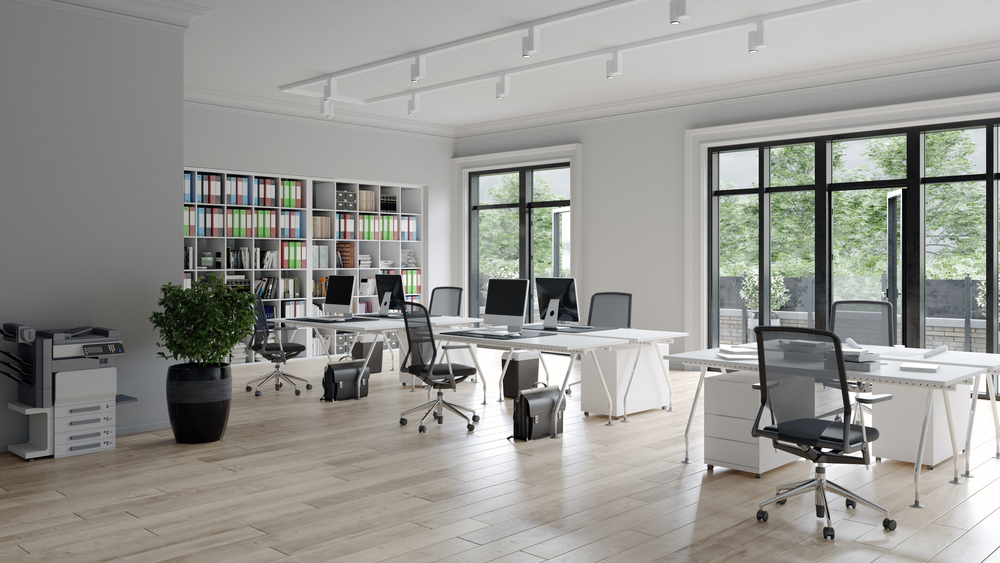
Definition and Concept of Dedicated Desks
A dedicated desk is a workspace reserved exclusively for a particular individual in a coworking environment. Unlike hot desks, dedicated desks offer the assurance of a specific spot that users can call their own, complete with the ability to personalize and equip it to suit their professional needs. This model is designed for individuals who require a stable and consistent workspace, providing the benefits of a traditional office environment within the flexible framework of a coworking space. Dedicated desks come with standard office amenities such as internet access, storage options, and ergonomic furniture, ensuring that users have everything they need for effective daily operations.
Consistency and Personalization
The appeal of dedicated desks largely stems from the consistency and personalization they offer. Having a fixed workspace allows users to establish a daily routine and maintain a sense of order in their professional life, which can significantly enhance productivity and focus. Additionally, a dedicated desk provides the opportunity to personalize the space, enabling users to create an environment that reflects their personal style and work preferences. This aspect is particularly beneficial for those who value having their own equipment, materials, and personal touches, such as plants or photos, in their work area. The ability to leave work items securely at the desk also adds a layer of convenience, reducing the hassle of setting up and packing away each day.
Typical Users and Scenarios
Dedicated desks are ideal for professionals who require a stable and consistent work environment. This includes individuals whose roles involve extensive focus and concentration, such as writers, designers, or software developers, who benefit from minimizing disruptions and distractions. Additionally, businesses or teams that need a reliable space for ongoing projects might choose dedicated desks for their employees to ensure continuity and cohesion. For example, a marketing team working on a long-term campaign might find dedicated desks advantageous for maintaining project materials and fostering team collaboration. This option is also suitable for remote workers who value the structure of a regular office setup while still enjoying the benefits of a coworking community.
Benefits of Hot Desks
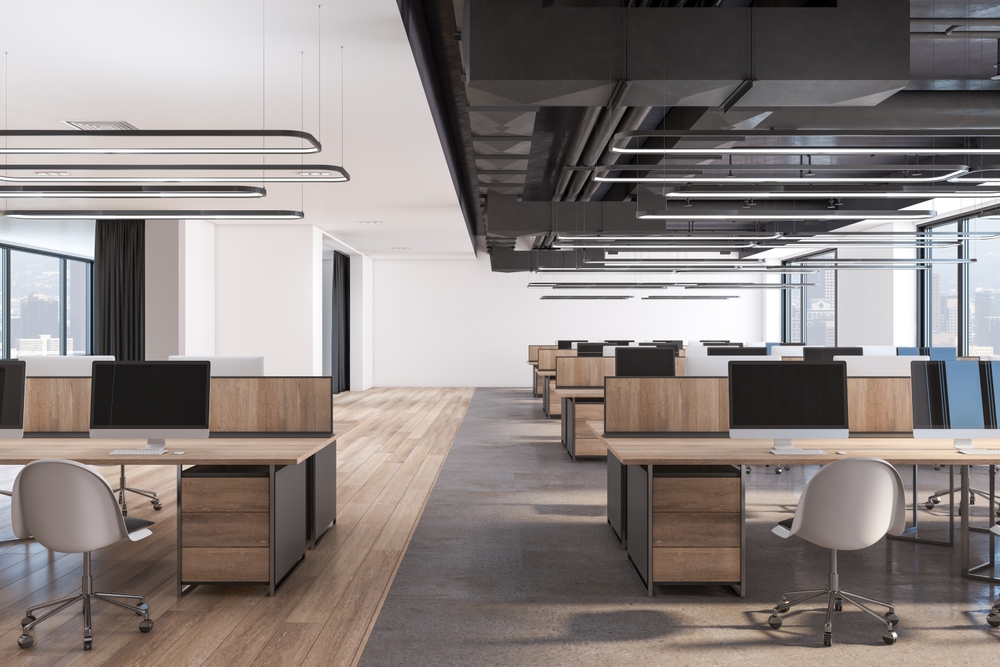
Cost-Effectiveness
One of the most compelling benefits of opting for hot desks in a coworking environment is their cost-effectiveness. Hot desking allows individuals and businesses to access professional office spaces without the substantial overhead associated with traditional office leases. This is particularly advantageous for freelancers, startups, and small businesses that often operate with limited budgets. By paying only for the space they use on a flexible basis, users can allocate resources more efficiently, investing in other critical areas of their operations. Additionally, the reduced financial commitment associated with hot desks makes it easier for companies to scale up or down as their needs change, providing a strategic advantage in today’s fast-paced business landscape.
Networking Opportunities
Hot desking naturally facilitates networking opportunities that are invaluable in a collaborative workspace. As users are not tied to a specific desk, they have the chance to sit next to different individuals each day, encouraging interactions with a wide range of professionals from various industries. This setup can lead to spontaneous conversations, idea exchanges, and potential collaborations that might not occur in more static environments. For freelancers and entrepreneurs, these interactions can be particularly fruitful, leading to partnerships, new clients, or even friendships. The social aspect of hot desking helps create a vibrant community atmosphere, where networking becomes a seamless part of the daily work experience.
Dynamic Work Environment
The dynamic nature of hot desking contributes to an ever-changing work environment that many find stimulating and inspiring. The ability to choose where to sit based on mood or task at hand allows for a more tailored working experience. For instance, users can opt for a quieter area when deep concentration is needed, or a more bustling spot when seeking creative inspiration. This flexibility can enhance productivity and job satisfaction, as individuals have the autonomy to craft their workday to best suit their current needs. Additionally, the diversity of individuals and activities within a hot desking environment can spark creativity and innovation, making it an ideal setting for those who thrive on variety and change.
Drawbacks of Hot Desks
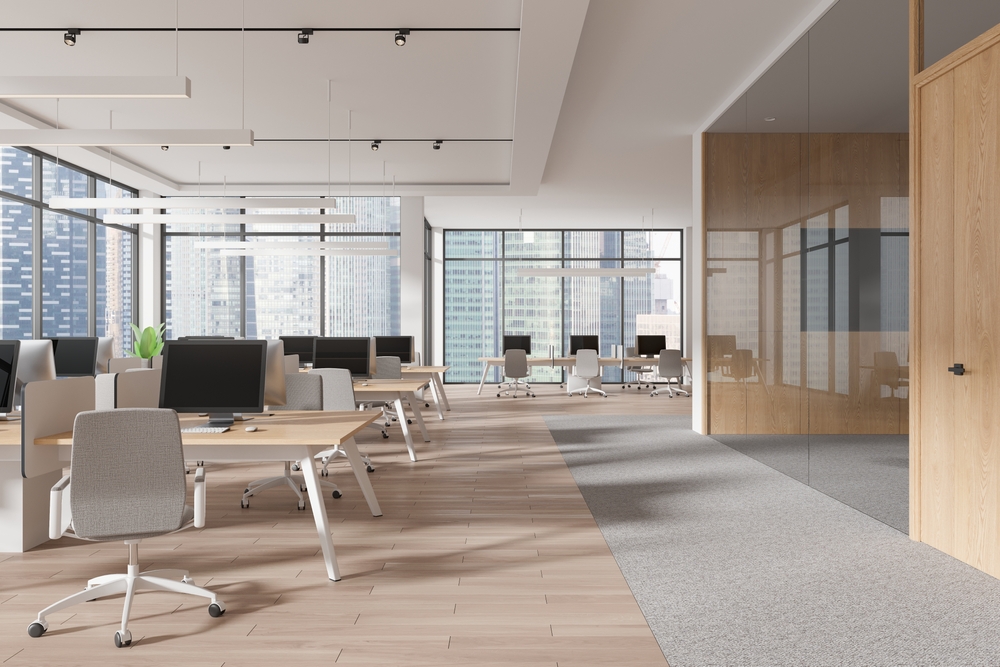
Lack of Consistency
One of the primary drawbacks of hot desking is the lack of consistency it introduces into the workday. Unlike dedicated desks, hot desks do not offer a permanent spot for individuals, which can lead to a sense of instability. This inconsistency may be unsettling for those who thrive on routine and prefer a fixed workspace to enhance their focus and productivity. The need to find a new desk each day can also be time-consuming and may add stress, especially during peak hours when the demand for desks is high. This variability can disrupt the flow of work, making it challenging for some individuals to settle into their tasks efficiently.
Potential for Distractions
The open and fluid nature of hot desking environments can also contribute to an increased potential for distractions. As individuals are frequently seated next to different coworkers, the likelihood of engaging in conversations or being interrupted by various activities around them is higher. This can be particularly challenging for individuals who require deep concentration or are working on tasks that demand a significant amount of focus. In such settings, the noise levels and general activity can sometimes hinder productivity, especially for those who are easily distracted or sensitive to environmental changes. The lack of privacy inherent in hot desking setups may further exacerbate this issue, making it difficult for some professionals to maintain their workflow.
Storage Limitations
Another notable limitation of hot desking is the restricted availability of personal storage space. Since users do not have a permanent desk, they are unable to leave personal items or work materials overnight, necessitating the daily setup and breakdown of their workspace. This can be inconvenient for individuals who rely on specific equipment or need to manage multiple documents and resources regularly. The absence of personal storage options means that users must carry their belongings with them, which can be cumbersome and may affect their overall work experience. For those accustomed to having dedicated storage for organizing and safeguarding their work-related items, this lack of provision can be a significant drawback.
Benefits of Dedicated Desks
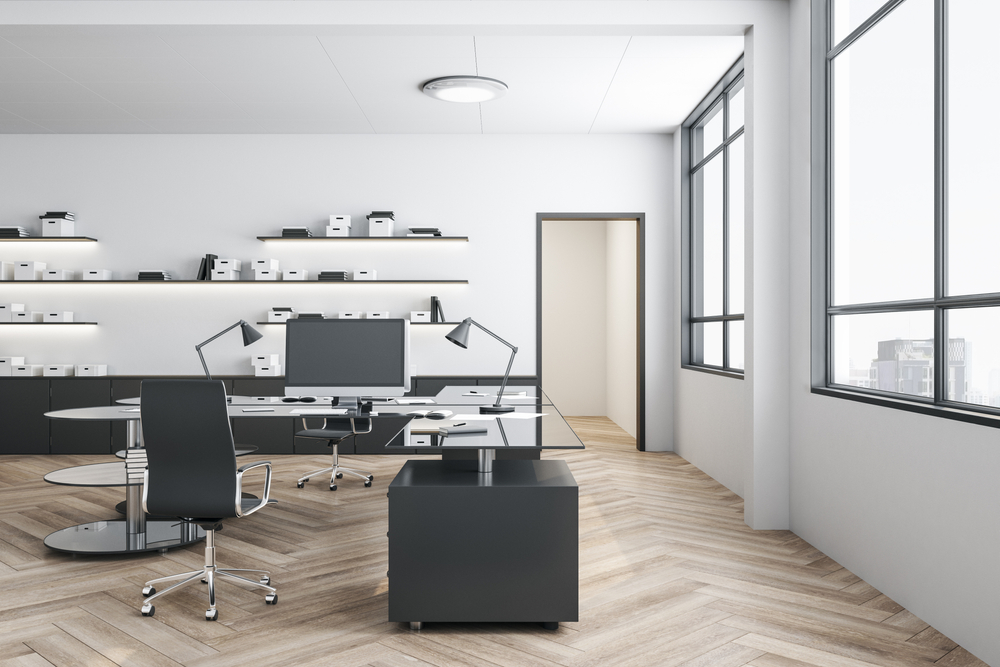
Personalization of Workspace
A significant advantage of choosing a dedicated desk in a coworking space is the opportunity for personalizing one’s workspace. Unlike hot desks, which require a daily setup, dedicated desks allow individuals to customize their work environment to reflect personal preferences and professional needs. This can include arranging personal items such as photographs, plants, or ergonomic tools that enhance comfort and productivity. The ability to personalize a workspace contributes to a sense of ownership and belonging, which can improve overall job satisfaction and motivation. For many professionals, the option to create a familiar and comfortable environment is invaluable, fostering an atmosphere that encourages focus and creativity.
Guaranteed Availability
Dedicated desks offer the assurance of guaranteed availability, providing users with a consistent and reliable workspace. This certainty eliminates the daily hassle of searching for an available desk, ensuring that individuals can start their work promptly without delays. For professionals with set routines or those who work with sensitive information requiring a private space, the predictability of a dedicated desk is particularly beneficial. This reliability also supports the establishment of a structured workday, facilitating better time management and reducing stress associated with the unpredictability of workspace availability. For teams and businesses, having dedicated desks ensures that all members have a consistent place to collaborate and communicate effectively.
Storage Space
Another compelling benefit of dedicated desks is the provision of personal storage space. This feature allows individuals to leave their work materials, documents, and equipment securely at their desk, reducing the need to transport items daily. Access to personal storage not only enhances convenience but also aids in maintaining an organized and clutter-free workspace, which can boost productivity. The availability of storage solutions is particularly advantageous for professionals who handle large volumes of paperwork or require specialized tools that are impractical to move frequently. By offering a secure place for personal and work-related items, dedicated desks support a more efficient and streamlined work process.
Drawbacks of Dedicated Desks
Higher Cost
One of the primary disadvantages of opting for a dedicated desk in a coworking space is the higher cost associated with this choice. Dedicated desks typically come at a premium compared to hot desks due to the reserved nature and added amenities, such as personal storage. For freelancers, startups, or businesses operating on tight budgets, this increased expense may not be justifiable, especially if their work patterns do not necessitate a consistent daily presence in the office. The financial commitment involved with dedicated desks can also limit an organization’s ability to scale or adapt quickly to changing business conditions, making it a less appealing option for those seeking cost-efficient solutions.
Less Flexibility
Another notable drawback of dedicated desks is the reduced flexibility compared to hot desking arrangements. By committing to a specific desk, users lose the ability to choose different workspaces based on their daily needs or preferences. This lack of flexibility can be a disadvantage for individuals who prefer varying their environment to enhance creativity or for those whose work may benefit from different settings, such as quiet zones or collaborative areas. Additionally, dedicated desks may not be ideal for professionals who frequently travel or work off-site, as they would be paying for a space that is not utilized consistently, leading to inefficiencies in workspace management.
Potential Isolation
The nature of dedicated desks can also lead to potential isolation within the coworking community. Having a fixed spot means that users are less likely to interact with different coworkers daily, which can limit networking opportunities and reduce exposure to new ideas and collaborations. For individuals who thrive on social interactions and the dynamic exchange of ideas, this setup might feel restrictive and less engaging. While dedicated desks provide stability and routine, they can inadvertently create silos within a shared workspace, particularly if users become entrenched in their personal spaces and disengage from the broader community activities and interactions that coworking spaces promote.
Practical Considerations for Choosing
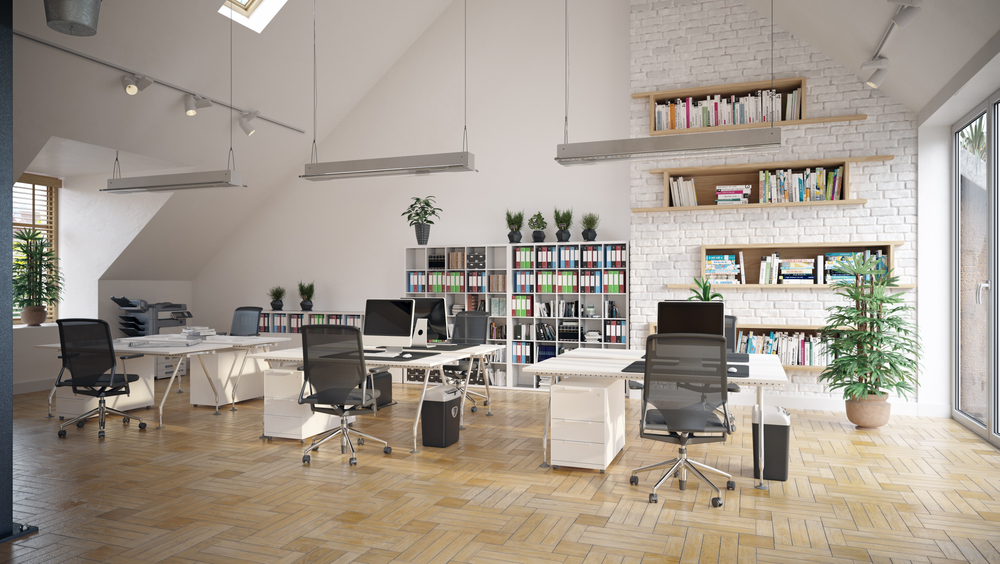
Budget Constraints
When deciding between hot desks and dedicated desks in a coworking space, budget constraints are a crucial factor. Hot desks generally offer a more economical option, making them attractive for individuals and small businesses seeking to minimize expenses. The lower cost of hot desking allows users to access essential office amenities without the financial burden of a dedicated space. Conversely, dedicated desks come with a higher price tag due to the benefits of a reserved, personalized workspace. Organizations or professionals with more substantial financial resources may find the additional investment worthwhile for the stability and continuity a dedicated desk provides. Ultimately, aligning your choice with your budget is essential to ensure a sustainable and effective workspace solution.
Work Style and Preferences
Your work style and personal preferences play a significant role in determining the most suitable desk arrangement. For individuals who thrive on routine and require a stable environment for productivity, dedicated desks offer the consistency needed to support such work habits. This option is ideal for those who prefer personalizing their workspace or need to maintain continuity in their daily setup. In contrast, hot desks appeal to individuals who embrace flexibility and enjoy a dynamic work environment. Those who appreciate variety and spontaneous interactions may find hot desking invigorating. It’s important to consider how the desk choice aligns with your work habits and what environment best supports your productivity and comfort.
Frequency of Use
The frequency with which you plan to use the coworking space should also influence your decision. If you require office space on a daily basis, a dedicated desk may provide the reliability and ease necessary for regular use. This option ensures that your workspace is always available and ready for your arrival. However, if your visits to the coworking space are sporadic or infrequent, hot desking offers a more cost-effective and flexible solution, enabling you to pay only for the time you spend in the office. Understanding how often you will use the space can help you choose an arrangement that maximizes value and efficiency.
Examples like Monteco Coworking in Budva
To illustrate the practical considerations in choosing between hot desks and dedicated desks, we can look at examples such as Monteco coworking in Budva, Montenegro. Situated near the serene Adriatic Sea, Monteco offers both hot desk and dedicated desk options in a relaxed yet professional atmosphere. For digital nomads and remote workers, the hot desking option at Monteco provides an excellent opportunity to network with a diverse range of professionals while enjoying the flexibility to explore Budva’s scenic surroundings. Meanwhile, local entrepreneurs or remote workers who require a consistent workspace can benefit from Monteco’s dedicated desks, which provide a stable environment for focused work. This dual offering exemplifies how coworking spaces can cater to varied needs and preferences, emphasizing the importance of considering factors like location, community, and amenities when making your choice.
Conclusion
Recap of Key Points
In exploring the options of hot desks and dedicated desks within coworking spaces, we have examined the unique advantages and challenges each presents. Hot desks offer a cost-effective, flexible solution that caters to individuals who thrive in dynamic environments and enjoy the networking opportunities provided by changing surroundings. However, they come with potential drawbacks such as lack of consistency, distractions, and limited storage. On the other hand, dedicated desks provide a stable, personalized workspace with guaranteed availability and ample storage, appealing to those who value routine and continuity. Yet, they come at a higher cost and offer less flexibility, with the risk of potential isolation from the broader coworking community.
Guidance for Decision-Making
When deciding between hot and dedicated desks, it is crucial to consider your individual work style, budget, and frequency of space usage. If your work demands a consistent setting and you appreciate the ability to personalize your workspace, a dedicated desk might be the better choice. This is especially true if you are in the coworking space daily and can justify the additional cost. Conversely, if you prefer flexibility, enjoy engaging with a variety of coworkers, and do not require a fixed location, hot desking could be more suitable. This option is particularly advantageous if your workspace needs are sporadic or if you’re working with a limited budget. Assessing these factors will help you align your workspace choice with your personal and professional needs.
Final Thoughts
Ultimately, the decision between hot desks and dedicated desks should be guided by a clear understanding of your work habits and preferences. The right choice will enhance productivity, foster professional connections, and support your work-life balance. Coworking spaces like Monteco in Budva exemplify how versatile and accommodating these environments can be, offering both options to suit diverse professional needs. Whether you prioritize the flexibility and networking potential of hot desks or the stability and personalization of dedicated desks, selecting the appropriate workspace can significantly impact your work experience and overall satisfaction. As the nature of work continues to evolve, having access to adaptable coworking solutions empowers professionals to thrive in an ever-changing landscape.



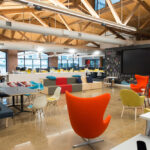
Leave a Reply